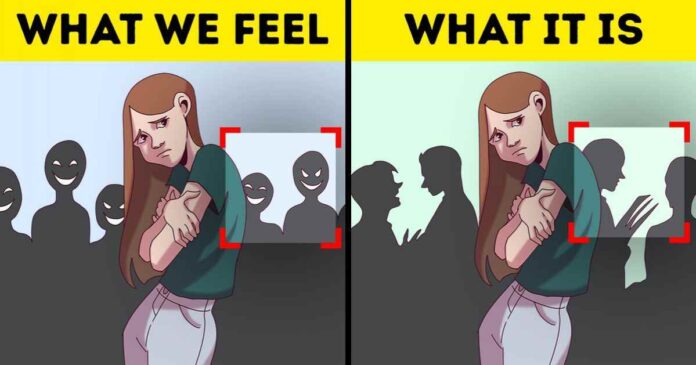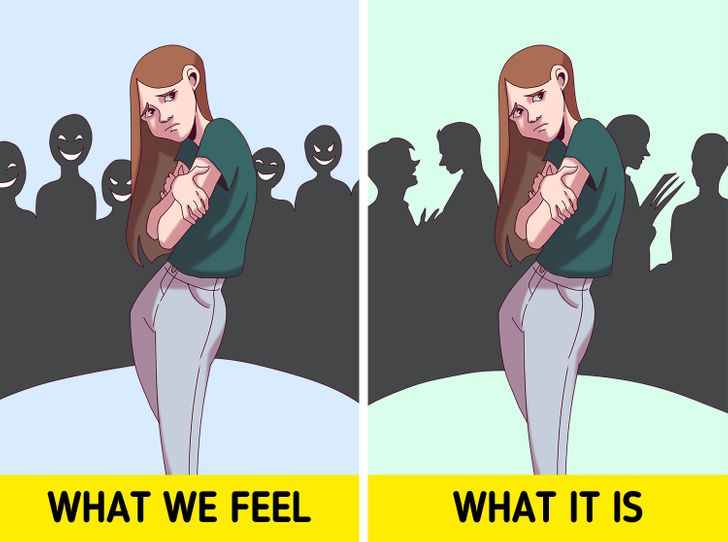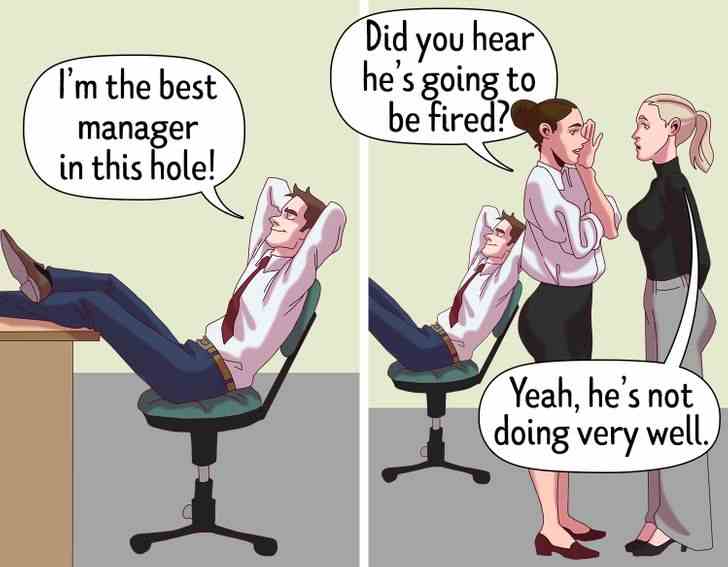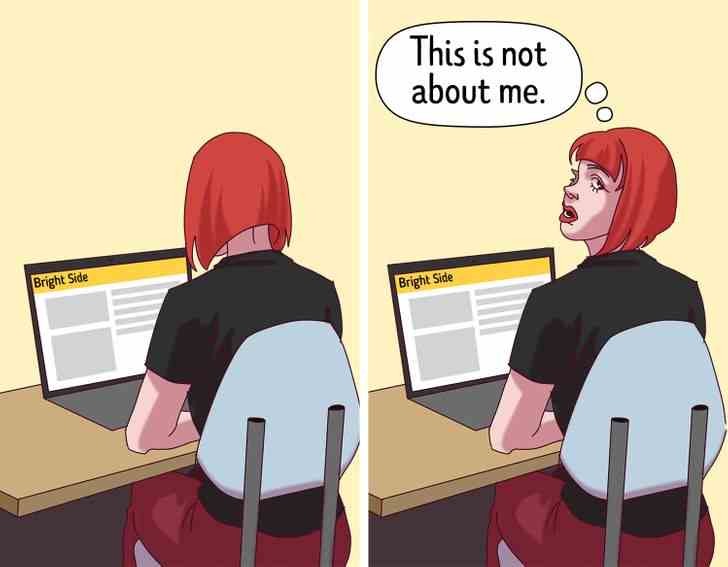
For the most part, we assume that our logical minds and reasoning dictate our actions and behavior. However, a closer examination reveals that we are not quite as logical as we believe. We are often subjected to stereotypes and labels, and everyone’s brain attempts to save energy, resulting in a variety of cognitive distortions that make life less enjoyable.
We were astounded by the impact cognitive errors can have on our way of life if we don’t catch them early enough. That’s why we’ve compiled a list of the most famous.
The halo effect

When we form a non-objective opinion about an individual, object, or phenomenon based on only one aspect of their character or appearance, we call it the halo effect. The most well-known example of this phenomenon is the physical appearance stereotype. It means that more attractive people are perceived to be kinder, smarter, and nicer, even though there is no clear evidence of this.
This trap has the potential to impair our ability to see people (or situations) clearly and rationally. As a consequence, we can misjudge someone’s motives or trust someone we shouldn’t.
The Abilene paradox
This contradiction is manifested in groups of individuals. It’s about a group of people agreeing on a course of action that doesn’t align with the interests of many or all of the people in the group. This can happen at work, for example, where someone feels it would look bad or lazy if they don’t work on a Saturday, so everyone ends up working that day even if no one wants to.
The cause of such a paradox is a lack of interpersonal contact. This is why being frank will help you avoid a misunderstanding.
Mind reading

Many households are likely to have this cognitive distortion. We tend to assume that we know what other people think of us. And we’re almost always certain that they’re thinking something negative. Worse, if we don’t stop these thoughts in time, we can begin to behave in a certain way to gain people’s love, which would eventually have the opposite effect.
When we succumb to these beliefs, we are more likely to draw incorrect conclusions about individuals and their motivations. We become more nervous in these conditions, which leads to fatigue.
Self-criticism
Yes, another common attitude trap is thinking that self-criticism is beneficial because it motivates us to try new things. It just results in feelings of remorse and other psychological issues.
Self-criticism is merely a symptom of low self-esteem. Negative filtration, a cognitive bias that causes us to forget all the positive knowledge about a situation and focus on the negative, is featured in the negative internal discourse. As a result, we begin to doubt all of our accomplishments and place a greater emphasis on our shortcomings.
The Lake Wobegon effect

The “overconfidence effect” is another name for this phenomenon. It’s a positive illusion that makes people think of themselves as “better than average,” as opposed to self-criticism. However, it also leads to erroneous assumptions that are unrelated to facts.
This distortion can produce a wide range of outcomes. In the worst-case scenario, people could decide not to improve their skills because they believe they are already better than anyone else. It will reduce their chances of succeeding.
The false consensus effect
The false consensus effect, unlike the Abilene paradox, occurs when we believe that the majority of people share our viewpoint. Even if there is no statistical evidence to back it up, we always say things like “Everyone does this” or “Most people live like this.”
It’s funny how people who hold opposing viewpoints believe the other person is really incorrect. When people suffer from this cognitive distortion, it becomes very difficult for them to think objectively and consider the viewpoints of others, even though they have a stronger argument.
A blind spot

You’re probably thinking that none of the attitude pitfalls relate to you now that you’ve read about them. That may be the case.
But keep in mind that even the most rational people make mistakes and can fall into these traps, according to studies. So remember to reflect on your past experiences and evaluate them accordingly.
Are there any other attitude pitfalls you can think of?



